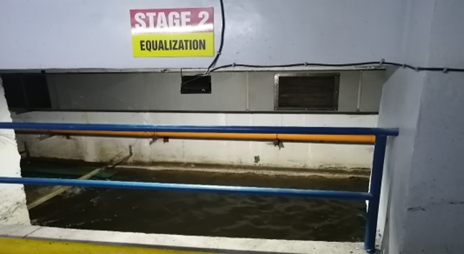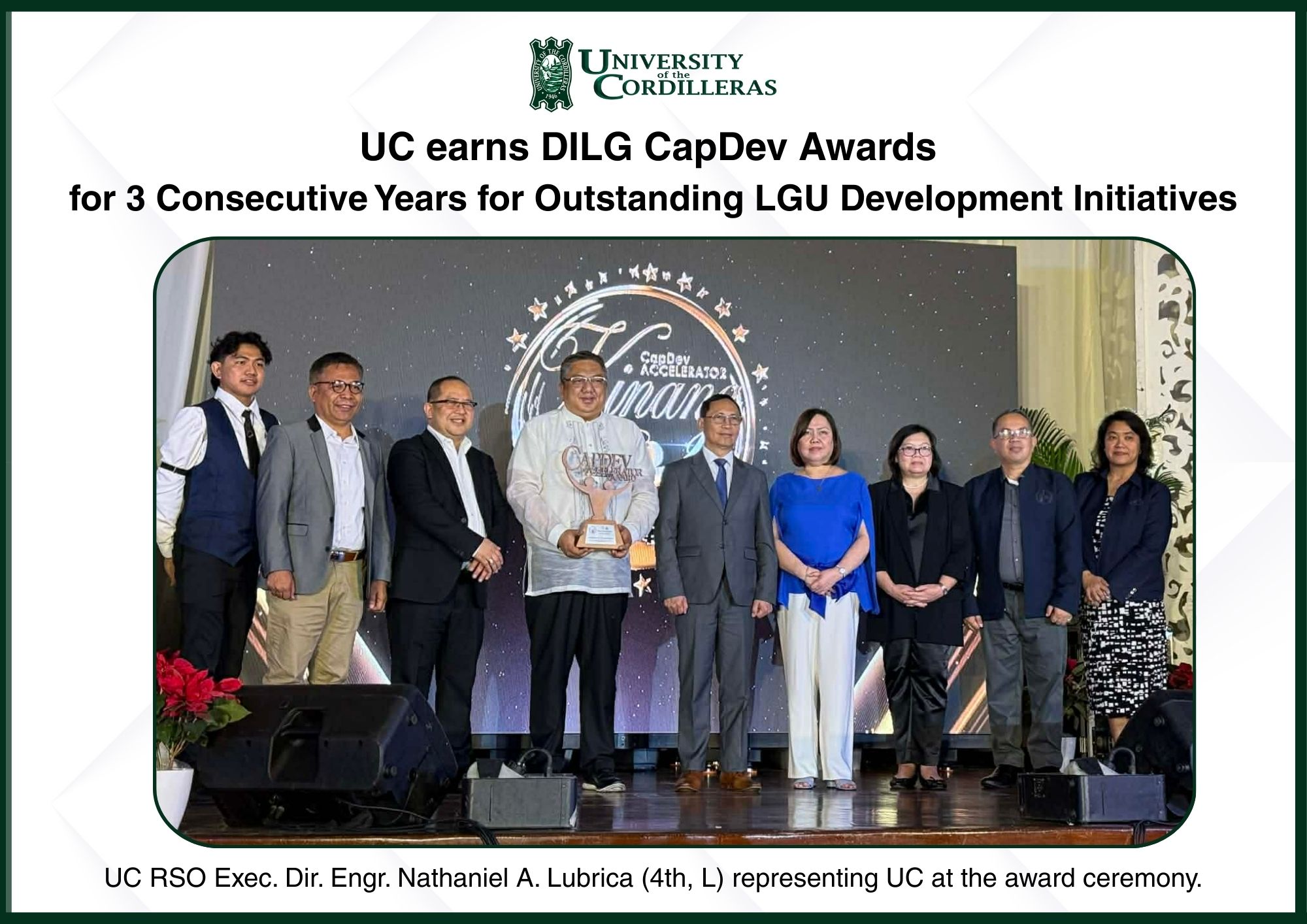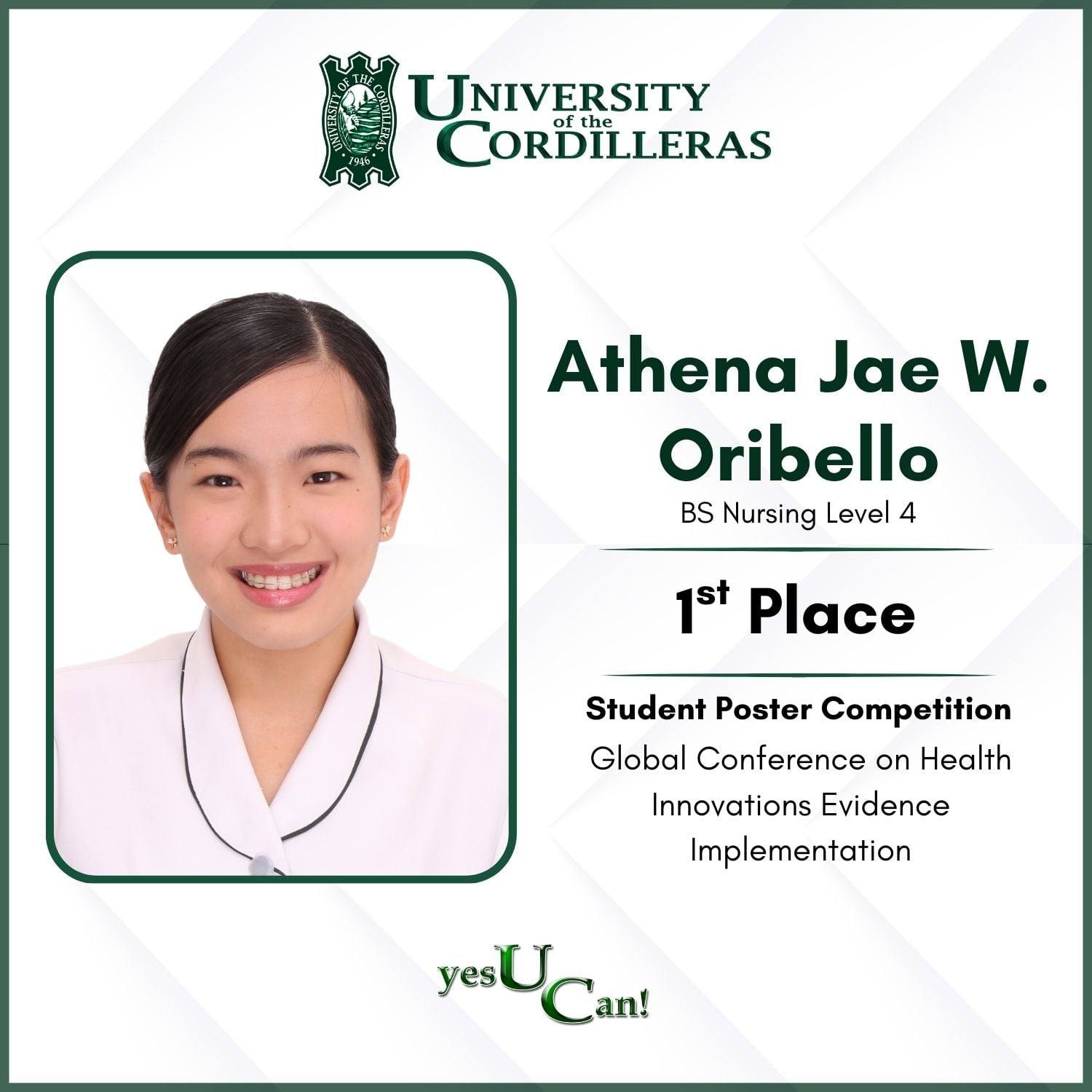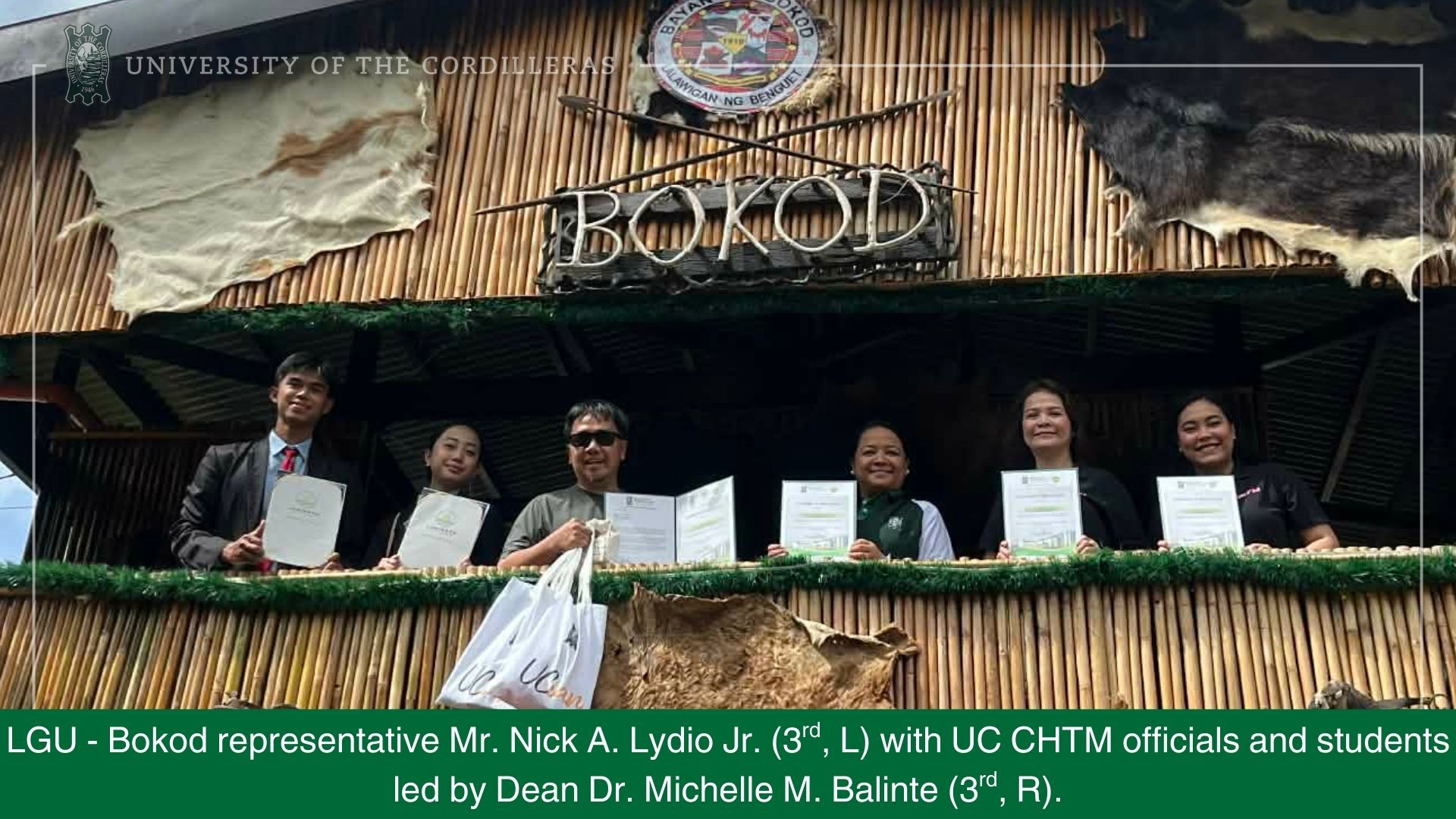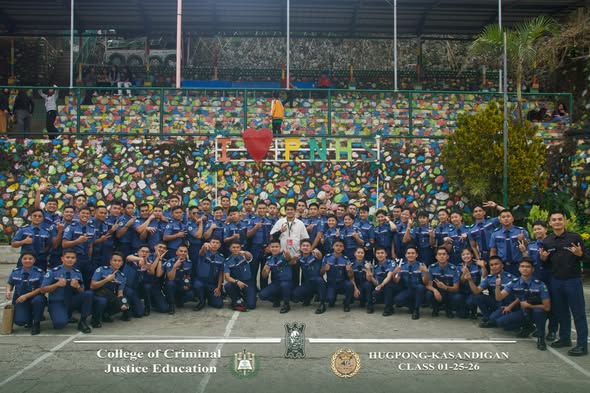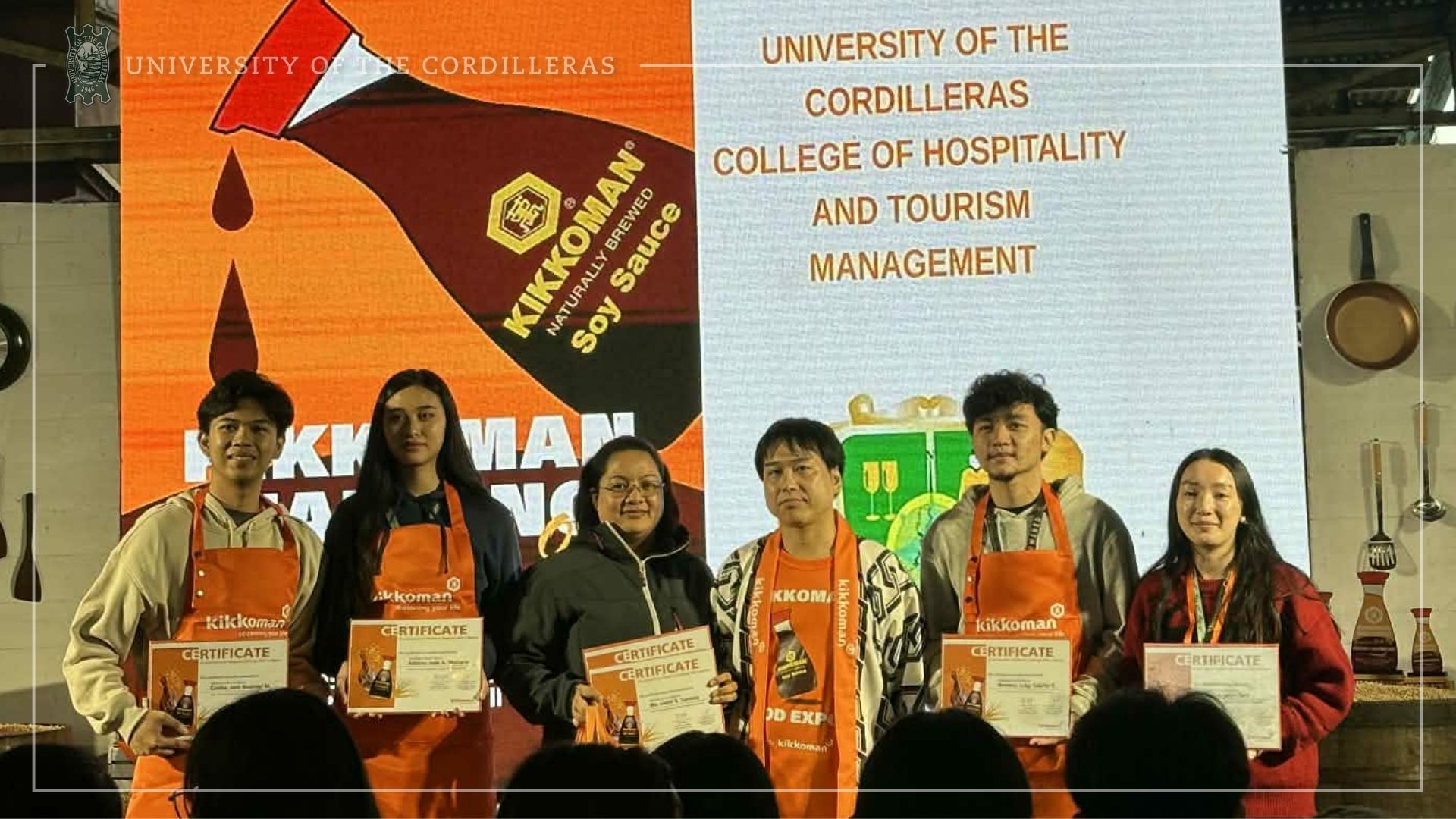In March 2022, the University marked Water and Sanitation Month, aligning itself with the global community’s efforts to highlight the significance of water security, responsible water management, and sanitation. During this observance, the University seized the chance to underscore its commitment to safeguarding and recycling water resources. This commitment was exemplified through innovative initiatives such as the establishment of sanitary treatment facilities and the utilization of treated water for restroom purposes.
The University places a significant emphasis on water conservation, and one of its primary environmental initiatives is the recycling of water. The UC Sewerage Treatment Plant, with a capacity of processing an average flow of 1,200 cubic meters per day, is specifically designed to treat wastewater originating from toilets, urinals, sinks, and lavatories across the University.
The treated wastewater is subsequently distributed for use in the toilets of the EDS, BRS, CHTM, and PE buildings for flushing and is also employed for watering plants. This water recycling initiative was initiated on February 22, 2022. On average, approximately 25 cubic meters of treated wastewater are collected and reused each day, resulting in a potential savings of 500 cubic meters on the monthly water bill. The University is committed to the continuous practice of recycling the treated effluent, contributing to its sustainable water management efforts.
In accordance with Section 14, Article 2, of RA 9275, commonly referred to as the “Philippine Clean Water Act of 2004,” the University of the Cordilleras Sewerage Treatment Plant has been issued a wastewater discharge permit for the Balili River.
The primary objective of the treated effluent recycling system is twofold: to reduce the volume of wastewater discharged into the environment and to meet the university’s non-potable water needs. Furthermore, ongoing research is being conducted to produce high-quality effluent that can be effectively reused, aligning with the university’s commitment to sustainable and responsible water management practices as mandated by the law.



